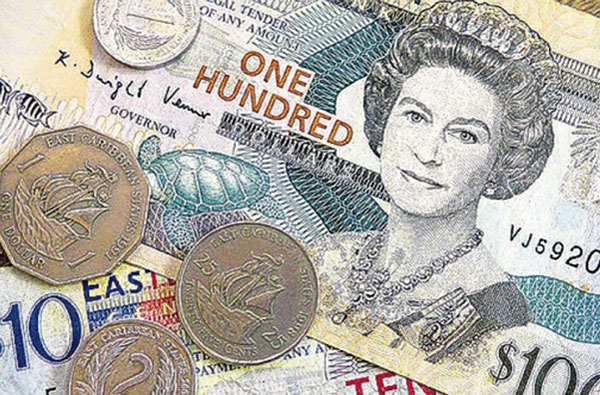WITH the leftovers of the general elections still in our midst, the time is ripe for a revamping of the manner in which money flows through political campaigns. Ostensibly, millions of dollars would have been spent by the two major political parties here. The question is this: Who and what are the sources of such funding?
The question certainly deserves a timely answer, especially in an economy that has been experiencing contractions for years now. The exorbitant spending by political parties bussing hundreds of supporters around the island for rallies, paying artistes for performances, stage rentals and management, lighting, media ads, catering, tee shirts and printing party literature must add up to a hefty bottom-line.
The provisions in the Constitution Reform Commission’s Report regarding campaign funding should be enacted. There definitely needs to be audits and capping of campaign contributions to political parties. This is no different from the similar call being made by elections observers as it relates to other regional jurisdictions. If not, the free flow of dollars on political campaigning will continue to move at a faster pace with each general election.
The Commission’s Report cited interference by foreign governments and rising costs associated with campaigning as reasons for such regulations. It also noted that the Caribbean is the only area in the Western Hemisphere where political party financing remains unregulated, leaving the political parties exposed to criminal, international and commercial interests.
This year’s campaign season seems to have taken the cake, though. Allegations of supporters being induced with $50 and $100 notes concealed in carefully-wrapped tee shirts have only resulted in both major parties denouncing such claims. Others have been reported to receive building materials and Carnival costumes. However, those claiming that they were bribed have insisted that their stories are true. Producing proof in these instances, however, is a hard thing.
One of the main complaints on elections day was that candidates and/or their operatives were doling out hundreds of dollars to voters in exchange for votes. What is worse, though, is that these exchanges were said to have been made in plain sight outside polling stations. These are clear breaches of the laws that govern the electoral process, laws that seek to protect democracy through people voting on their own volition as opposed to being induced by sinister schemes.
If anything, our oral non-fiction collection is not without scores of stories about people being paid to vote for one candidate and voting otherwise. In fact, it seems only fair on some people’s part to let the politician play the role of fool for a change. However, the practice does not serve the democratic process of electing a government any good. What it does instead is prove that democracy is not really earned, but bought.
We need to change that anomaly because the longer we delay it, the more devalued the electoral process becomes. Thus, we really never get the representation we voted for but what someone else might have paid for.













